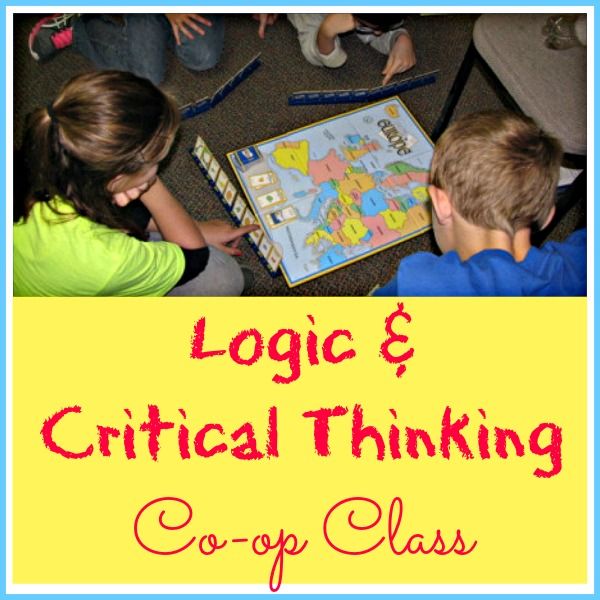Developing Critical Thinking Skills Through Homeschooling
In today’s rapidly evolving world, it is becoming increasingly important for individuals to possess strong critical thinking skills. Critical thinking allows us to analyze information, evaluate arguments, and make informed decisions. As parents and educators, one of our primary goals is to equip children with the necessary tools for success in life. Homeschooling provides a unique opportunity to foster and develop critical thinking skills in children.
1. Encouraging Questioning: One of the foundations of critical thinking is curiosity. Homeschooling allows parents to create an environment where questioning is not only encouraged but also celebrated. This fosters a sense of intellectual curiosity in children and helps them develop their own thoughts and ideas.
2. Teaching Logic and Reasoning: Critical thinking goes hand in hand with logical reasoning. By incorporating logic puzzles, brain teasers, or even chess into the homeschool curriculum, parents can help children strengthen their deductive reasoning abilities.
3. Analyzing Literature and Texts: Reading literature exposes children to different perspectives and ideas that challenge their preconceived notions. Engaging discussions about characters’ motivations or analyzing themes within texts encourages critical analysis.
4. Problem-Solving Activities: Incorporating problem-solving activities into homeschool lessons helps children develop essential critical thinking skills while having fun at the same time! Puzzles, riddles, science experiments that require hypothesis testing – all contribute toward enhancing analytical abilities.
5. Debates and Discussions: Providing opportunities for debates or discussions on various topics helps students learn how to express their opinions effectively while considering alternative viewpoints critically.
6. Real-World Applications: Integrating real-world applications into homeschool lessons enables students to see how critical thinking applies beyond textbooks or theoretical concepts. Whether it’s budget planning or researching current events, these experiences help sharpen decision-making skills.
7.Visual Learning Tools: Visual aids such as infographics or mind maps can be useful tools when teaching critical thinking skills. These tools encourage students to organize their thoughts, make connections between ideas, and engage in analytical thinking.
8. Socratic Method: The Socratic method involves asking probing questions to guide students towards discovering knowledge for themselves. Homeschooling allows parents to utilize this method effectively by engaging in meaningful conversations that promote critical thinking.
9. Independent Research Projects: Assigning independent research projects encourages children to delve deeper into a specific topic and develop skills such as information gathering, analysis, and evaluation of sources.
10. Cultivating Open-mindedness: Critical thinking requires an open mind that is receptive to new ideas and perspectives. Homeschooling provides the flexibility for parents to expose their children to diverse viewpoints, fostering tolerance and open-mindedness.
11. Problem-Based Learning: Incorporating problem-based learning activities into homeschool lessons helps children apply critical thinking skills in real-life situations. This approach promotes creativity, innovation, and collaborative problem-solving.
12.Critical Thinking Games and Apps: Utilizing educational games or apps specifically designed for critical thinking can be a valuable addition to homeschool curriculum. These resources offer interactive challenges that stimulate cognitive abilities while providing immediate feedback on performance.
In conclusion, homeschooling offers numerous opportunities for developing critical thinking skills in children. By encouraging questioning, teaching logic and reasoning, analyzing literature and texts, facilitating problem-solving activities, promoting debates and discussions, integrating real-world applications, using visual learning tools like infographics or mind maps; employing the Socratic method; assigning independent research projects; cultivating open-mindedness; implementing problem-based learning approaches; and utilizing educational games or apps – parents can lay a strong foundation for their child’s future success as independent thinkers equipped with invaluable critical thinking skills

Leave a comment